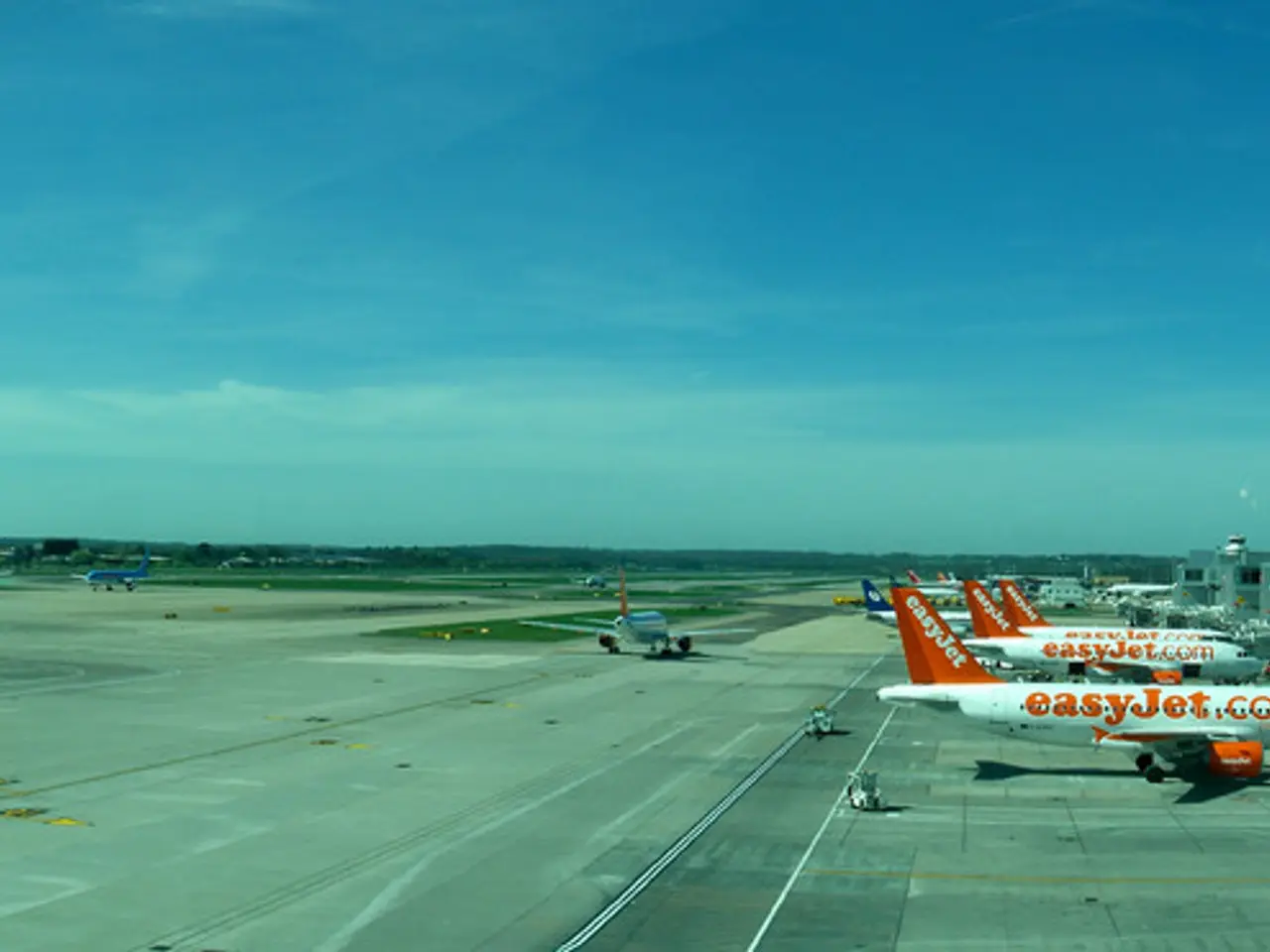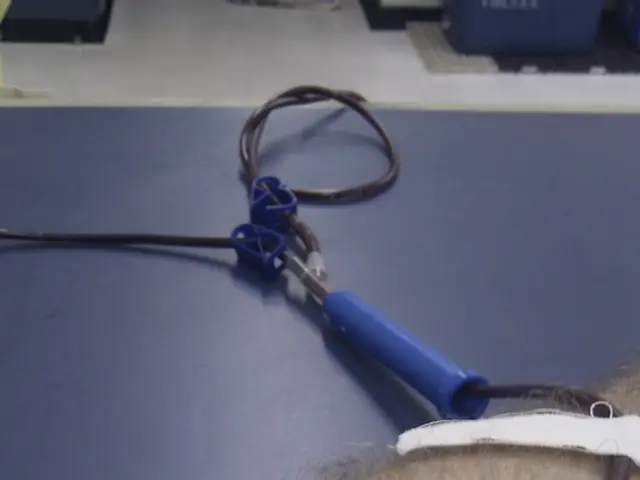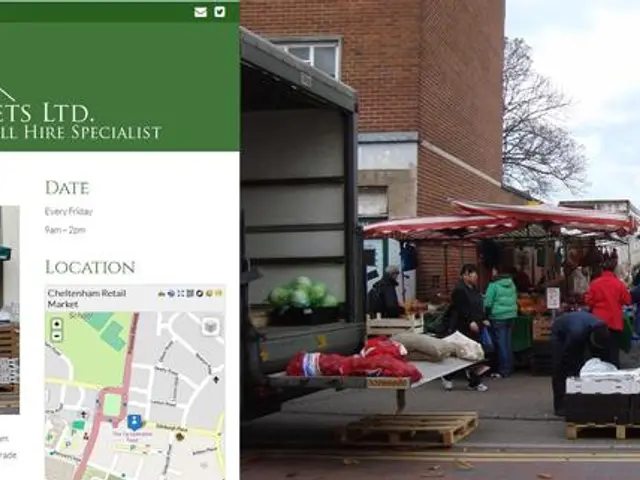"Such behavior is unacceptable"
Düsseldorf Airport, a joint venture between the city of Düsseldorf and private company Airport Partners GmbH, is resisting a job security agreement until 2023, despite receiving financial aid from the federal government. The airport's management is keen to retain flexibility in staffing and operational decisions amid uncertain and potentially still-recovering market conditions in aviation.
The standby costs for the airport's operation from March to June 2020 will be offset by the federal government to the tune of 61 million euros. However, this financial aid has not deterred the airport from resisting the job security pact, which could restrict layoffs or restructuring efforts that might be necessary for financial stability or adapting to fluctuating demand after the COVID-19 crisis.
This decision could lead to potential labor disputes or unrest with airport staff and unions, reduced worker job security, and possibly prolonged uncertainty for employees. At a strategic level, resisting such an agreement might allow the airport to better navigate financial pressures without binding employment contracts that could limit necessary adjustments. However, this could lead to public criticism or reputational impacts if seen as sacrificing worker rights despite receiving financial aid.
In the broader German aviation market, where recovery is uneven and costs high, this decision underscores the tension between financial aid usage conditions and airport/operator business priorities in a still fragile post-pandemic environment. It may also affect negotiations and labor relations at other airports or in the aviation sector if this stance becomes a precedent.
Notably, all other airports under municipal ownership have negotiated an emergency tariff agreement with trade unions, securing employment until the end of 2023. Düsseldorf Airport, however, has not followed suit, potentially leading to job losses. If job cuts occur, the airport would no longer meet the employee threshold for co-determination status, which could render the half-board representation of employees on the supervisory board obsolete.
Oliver Schreiber, Chairman of the SPD Düsseldorf, is critical of the airport's approach, arguing that job cuts are not justified given the financial aid from the federal government. He believes that 60 million euros from taxpayers and employees being laid off is not a fair trade-off. Thomas Jarzombek, Member of the German Bundestag, was actively involved in the negotiations as the federal government's aviation coordinator.
Andreas Rimkus, Member of the Bundestag and long-standing member of the supervisory board of Düsseldorf Airport, expects solidarity from the city and private shareholders towards the employees. The city of Düsseldorf and private shareholders are expected to show similar support, acknowledging their responsibility for critical infrastructure in Germany by offsetting the standby costs.
Sources: 1. Düsseldorf Airport Resists Job Security Agreement Until 2023 2. Düsseldorf Airport Refuses Job Security Agreement 3. German Airports Face High Operating Costs and Slow Traffic Recovery
- Despite receiving financial aid from the federal government, Düsseldorf Airport, a joint venture between the city of Düsseldorf and private company Airport Partners GmbH, is resisting a job security agreement until 2023, potentially leading to job losses and solidifying a tense relationship with airport staff and unions.
- The general-news surrounding Düsseldorf Airport's decision is significant in the broader German aviation market, where recovery is uneven, costs are high, and this stance may impact negotiations and labor relations at other airports or in the aviation sector.
- As the aviation industry continues to recover from the COVID-19 crisis, the financing and job security concerns at Düsseldorf Airport are also a matter of interest in politics, as Oliver Schreiber, Chairman of the SPD Düsseldorf, and Thomas Jarzombek, Member of the German Bundestag, have weighed in on the debate over job security and financial aid usage conditions in the transportation sector.




